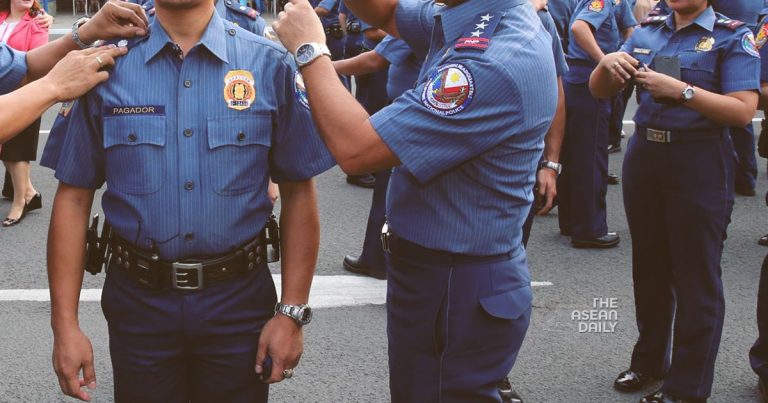20-8-2023 (MANILA) The Philippine National Police (PNP) is facing a severe shortage of body-worn cameras, with only 2,700 devices available for its entire police force, despite receiving funding for their purchase nearly six years ago. Recent data revealed that the PNP has only added around 100 cameras to the 2,600 it initially procured in 2021. This limited number of cameras means that only a fraction of police officers have access to devices that can capture footage from police operations.
Police Brigadier General Red Maranan, the PNP’s public information office chief, acknowledged the shortage of body cameras, describing the situation as “very limited.” The issue gained renewed attention following the killing of 17-year-old Jemboy Baltazar by Navotas police officers, who mistook him for a murder suspect. The incident has been labeled a “case of mistaken identity” by the PNP.
Maranan stated that the PNP requires approximately 45,000 body-worn cameras, but currently has only 2,700 devices. He confirmed that the procurement for additional cameras has been programmed, and a budget request has been sent to the Department of Budget and Management (DBM). In the previous years, resources were primarily allocated to combating the COVID-19 pandemic, resulting in delays in acquiring the necessary equipment.
The allocation of funds for the PNP’s body cameras began in 2018 when Congress approved a budget of P334 million. However, the procurement process was delayed, and the bidding for the cameras did not commence until late 2019. By October 2021, approximately 2,600 units had been ordered, more than two years after the initial funding was received.
Maranan also highlighted a decrease in the number of police officers facing administrative complaints. This year, 1,400 officers have been reported for errors in the performance of their duties, compared to 2,400 cases during the same period last year. He viewed this decline positively, indicating a decrease of approximately 83% in the number of mistakes made by officers. The PNP has implemented a reformation program aimed at improving police conduct and includes lessons on human rights and moral values. Officers also receive weekly sessions with life coaches to address personal and familial issues.
The use of body cameras during police operations gained significance during the Duterte administration’s war on drugs, as reports of police abuses surfaced. The Supreme Court issued orders mandating the use of body cameras when serving arrest and search warrants. In the absence of such devices, alternative equipment was to be used. Four police officers have been found guilty of murder during anti-illegal drug operations under Duterte, which is currently being investigated by the International Criminal Court. While government figures place the number of deaths in the drug war at around 6,200, local human rights groups suggest that the actual figure could be three times higher due to inadequate police documentation.




